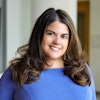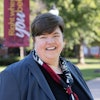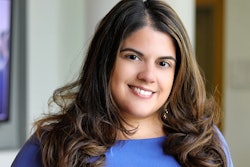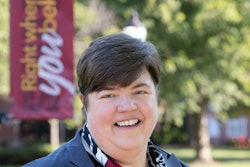 Christopher Edley Jr. will remain as faculty at the University of California, Berkeley law school where he has been dean since 2004.
Christopher Edley Jr. will remain as faculty at the University of California, Berkeley law school where he has been dean since 2004.
Edley will remain as faculty at the law school where he has been dean since 2004. His medical leave of absence began this week, and he has scaled back his deanship to officially end in December. Originally, his term was supposed to expire next year.
In a letter to law school faculty and staff, Edley described his health as “more than worrisome, but much less than dire.”
He went on to explain, “As some of you know, I had surgery for prostate cancer in May but need further treatment. This must be my priority. I expect (doctors) will vanquish the malady within a few months (but) I am not prepared to return to the deanship. These developments have reminded me again how short life can be, and for that reason, I feel an urgency to turn to other professional goals I will pursue while continuing with you as a faculty colleague. Chief among these will be public education equity and excellence.”
The latter were never far from Edley’s mind during his nine-year term as dean of the Berkeley law school, which last year enrolled a first-year class of 270 students of whom 40 percent were minorities and 51 percent were women across all racial groups. Under Edley, the law school has grown its faculty by 40 percent and consequently lowered its student-faculty ratio from 18-to-1 to 12-to-1.
A prolific fundraiser, he has expanded fellowships and loan forgiveness so that now, the law school returns about 24 percent of tuition dollars in the form of aid to students. The school is closing in on its $125 million goal in a fundraising campaign that aims to support more scholarships, classroom and library space and academic programs.
Edley’s commitment to diversity and inclusion has gone well beyond race and gender. For instance, law professor John Yoo, who joined the Berkeley faculty in 1993, drew wide, public condemnation for authoring controversial memos while serving as deputy assistant U.S. attorney general during President George W. Bush’s administration. The memos authorized the use of enhanced interrogation techniques such as waterboarding—usually regarded as torture—during Bush’s war on terror. Although some outraged Berkeley law school constituents demanded Yoo’s dismissal from the faculty, Edley has refused, saying Yoo’s ideology didn’t merit such action.














